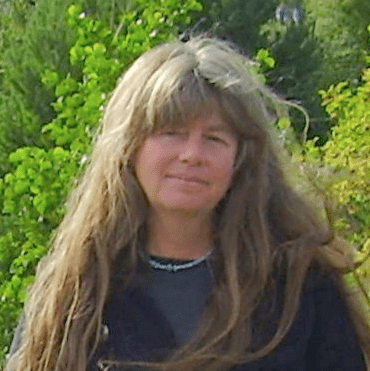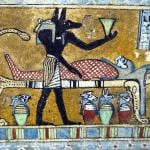Scenario 1: A group I belong to have a long and probing discussion about our use of a couple of Welsh words to describe what we do. Some of the members are native Welsh speakers living in Wales, most are not. We talk about things like cultural appropriation, the paralysing dangers of call-out culture, and about unintended consequences. The Welsh speakers in the group say they don’t have a problem with the rest of us using these words.
Scenario 2: I attend a workshop in which a man splices “Celtic” onto another spiritual practice. I am genuinely curious and go along hoping to learn. He begins to tell a story from the Mabinogi. He is not struggling to pronounce the Welsh names he’s using, because he isn’t even trying to say them right, and his frequent repetition of names of deities in this disrespectful way causes my anger to rise and rise. His telling of the story is garbled and lacks understanding. I walk out quietly, rather than confront him there and then, but wonder whether I should have spoken up.
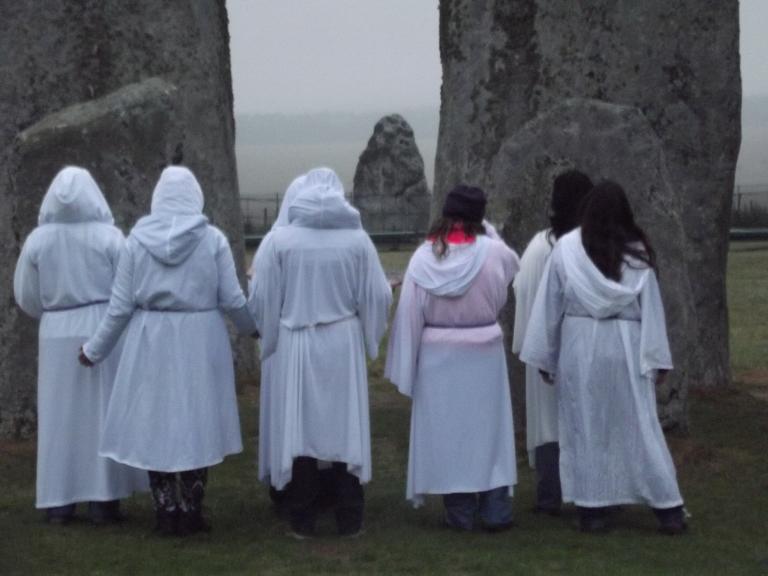
I often see appropriation of Celtic culture and language among Pagans, and I usually keep my thoughts to myself. However, in the past week I’ve been assailed by the question from several different directions so I’m going to delicately wade in. My purpose here is to make people think, and to encourage calm, fearless discussion. I’m not going to call anyone out.
What Business is This of Mine?
I was born in the US, but lived in Scotland for 25 years of my adult life, and consider myself to be an adopted Scot. What I was doing there is a strange tale, as I made my living playing traditional Scottish music and I made most of my money teaching it — to Scots. I didn’t always get things right, especially in the early years. It took a huge amount of work and a lot of humility. I have also been a Celtic Polytheist for almost forty years.
When you grow up in a culture, you naturally take it for granted. When you assimilate into a culture, you notice everything. As a result, I’m aware of some nuances that many Scots don’t think about. I have an insider’s knowledge, but an outsider’s objectivity. I also grew up in an area of the US where two distinct cultures and languages competed and intermingled. Where identities could get blurred and justice, particularly language justice, was sorely needed.
Presumptive Co-option?
A friend of mine coined that phrase when we were looking for a milder, less accusing one than “cultural appropriation”. Let’s say your neighbour leaves her rake leaning against your mutual fence. You’re on good terms with her, so you presume to borrow the rake. It’s no big deal but it still isn’t your rake. If you start acting like the rake is yours, your neighbour might reasonably be annoyed. If you take her favourite skirt off the washing line, wear it to town, and mimic her mannerisms because you think she’s cool, you’ve overstepped the mark!
There are lots of grey areas in this discussion. At one extreme are the, “You’re not the boss of me,” crowd, and those who think saying, “We’re all children of the earth and everything belongs to everyone,” excuses them teaching a workshop on the Celtic uses of Voodoo in Heathenism. At the other end, we have people who stop and ask whether what they’re doing is respectful. They carefully consider their actions. In the grey area there’s casual thieving and unintentional gaffes, a lot of good will, a large dose of naivety, and some pretty entitled behaviour.
If you are at the soul-searching end of the spectrum, you’re not likely to be the part of problem. If you think there’s no such thing as cultural appropriation, you are the problem.
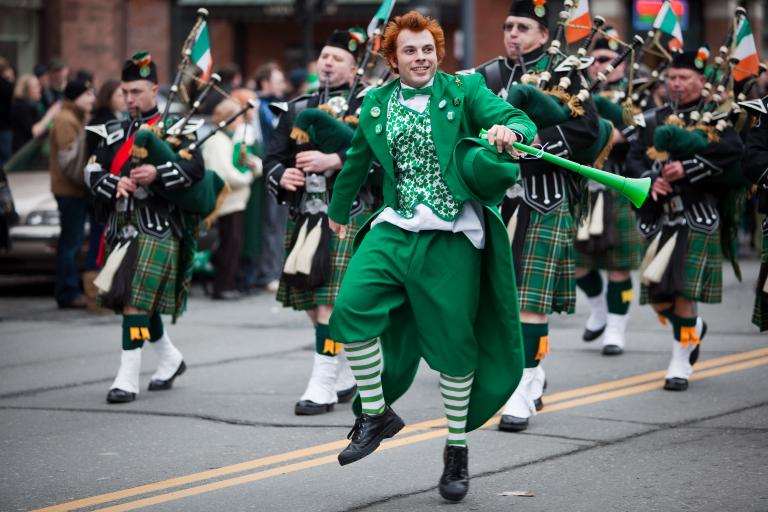
Whose Culture Is It Anyway?
Even if all sixteen of your great-grandparents were born in County Cork, if you and your parents have always lived in North America, your culture is North American. Culturally, you are a lot more like the other people in your street, than like your distant cousins back in Cork. If by some miracle your family is still bi-lingual in English and Irish, well done. But your culture is still North American. If you live in a deep diaspora – your culture is diasporic. If you don’t believe me, try going to live in the old country.
Genetics and family heritage aren’t meaningless. It’s great to honour this stuff, and it’s understandable that we may feel pulled to worship the gods of our distant ancestors or learn the language of our more recent ones. I get it. Just don’t tell modern Scots they’re doing it wrong if they don’t act like they just stepped out of an episode of Outlander and be ready for them to laugh if that’s how you act.
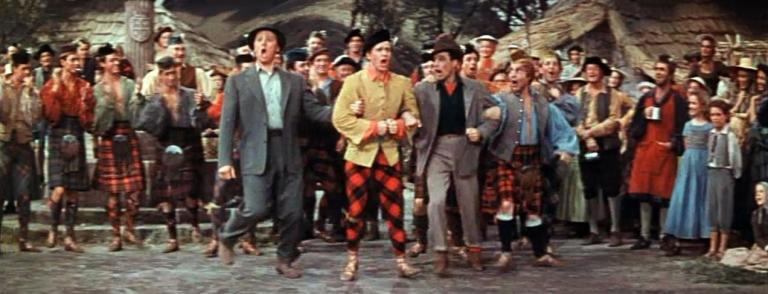
Aren’t They My Gods, Too?
You have every right to honour Celtic gods, speak a Celtic language, and all the rest. Just leave the posturing out. You are not more Welsh than the Welsh. You don’t live in the Iron Age, either. Maybe ease up on the Celtic cosplay.
If you are more on the eclectic side, please remember that you are borrowing things that may hold a deeper or different meaning for some of your fellow Pagans. Be respectful of their beliefs and hard-won knowledge, too. Learn to pronounce things like names of deities correctly, if you’re going to use them. Have enough respect not to tell made-up versions of Celtic myths that you got from a low-quality book or website.
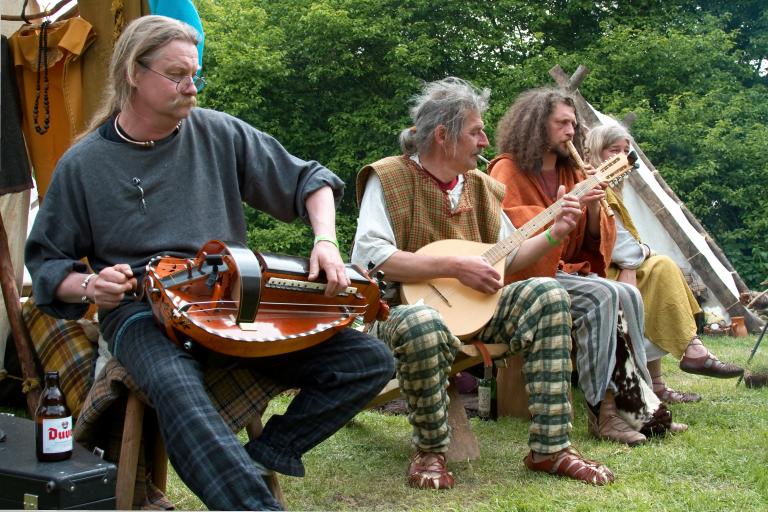
Am I Really Hurting Natives of Celtic Countries?
Most people living in modern Celtic countries are polite and hospitable. These things are deeply ingrained in our culture. But centuries of colonisation, oppression, and cultural theft have left many of us unsure exactly which parts of our own culture we identify with, while suppression of our languages has, literally, taken the words from our mouths.
Dependence on tourism has often required us to present ourselves as quaint, as colourful, as noble savages. The result has sometimes been embarrassment and doubt about parts of our own heritage. It’s hard to call someone out for cultural appropriation when you’re already conflicted about your culture. Just because no one tells you they are offended; it doesn’t mean you are not adding to the damage.
You can follow Kris at her blog Go Deeper and support her work on Patreon.


